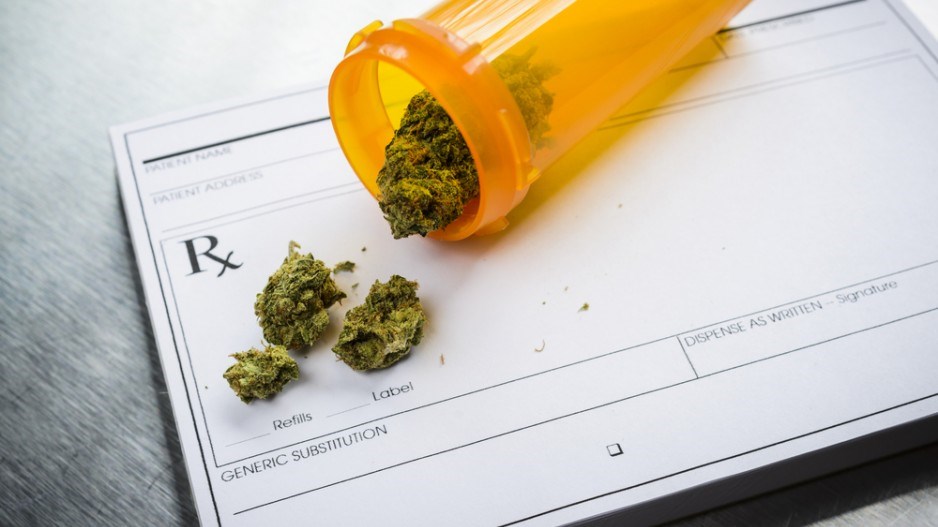Proposed rules for licensed medical marijuana producers that irked the mayor of the Township of Langley last year have officially gone into effect.
The Ministry of Agriculture announced Thursday (May 7) it had amended its agricultural land reserve (ALR) regulation to recognize medical marijuana production as farm use within the ALR.
Township of Langley Mayor Jack Froese spoke out against the amendment when the government revealed the proposal last June.
“We recognize there is a need for medical (marijuana), but these are intensive operations that our council feels are better suited for industrial areas, rather than on farmland,” he said at the time.
Froese did not respond immediately to a request from Business in Vancouver to discuss the formalization of the amendment.
Along with Delta, Abbotsford and Kelowna, the Township of Langley is one of the only municipalities in B.C. that must have approval from the Ministry of Agriculture to amend bylaws impacting farmland.
The amendment now in effect does not allow medical marijuana facilities to be classified as farms for tax assessment purposes but it does acknowledge that its production is an acceptable use of farming within the ALR.
The amendment stops municipalities from banning medical marijuana facilities in the ALR and sets limits to how far communities can use their own bylaws to regulate the industry.
Licensed producers operating outside of the ALR are not affected by the amendment.
Meanwhile, Victoria’s Thunderbird Biomedical also announced Thursday it has received notice from Health Canada that it’s Marihuana for Medical Purposes Regulations (MMPR) licence has been renewed and expanded to include fully authorized sales of its products.
It was previously licensed only for cultivation purposes.
Health Canada has issued 25 MMPR licences since new federal regulations went into effect in April 2014.
The government agency has received about 1,200 applications as of February, according to a Health Canada spokesman.
@reporton



